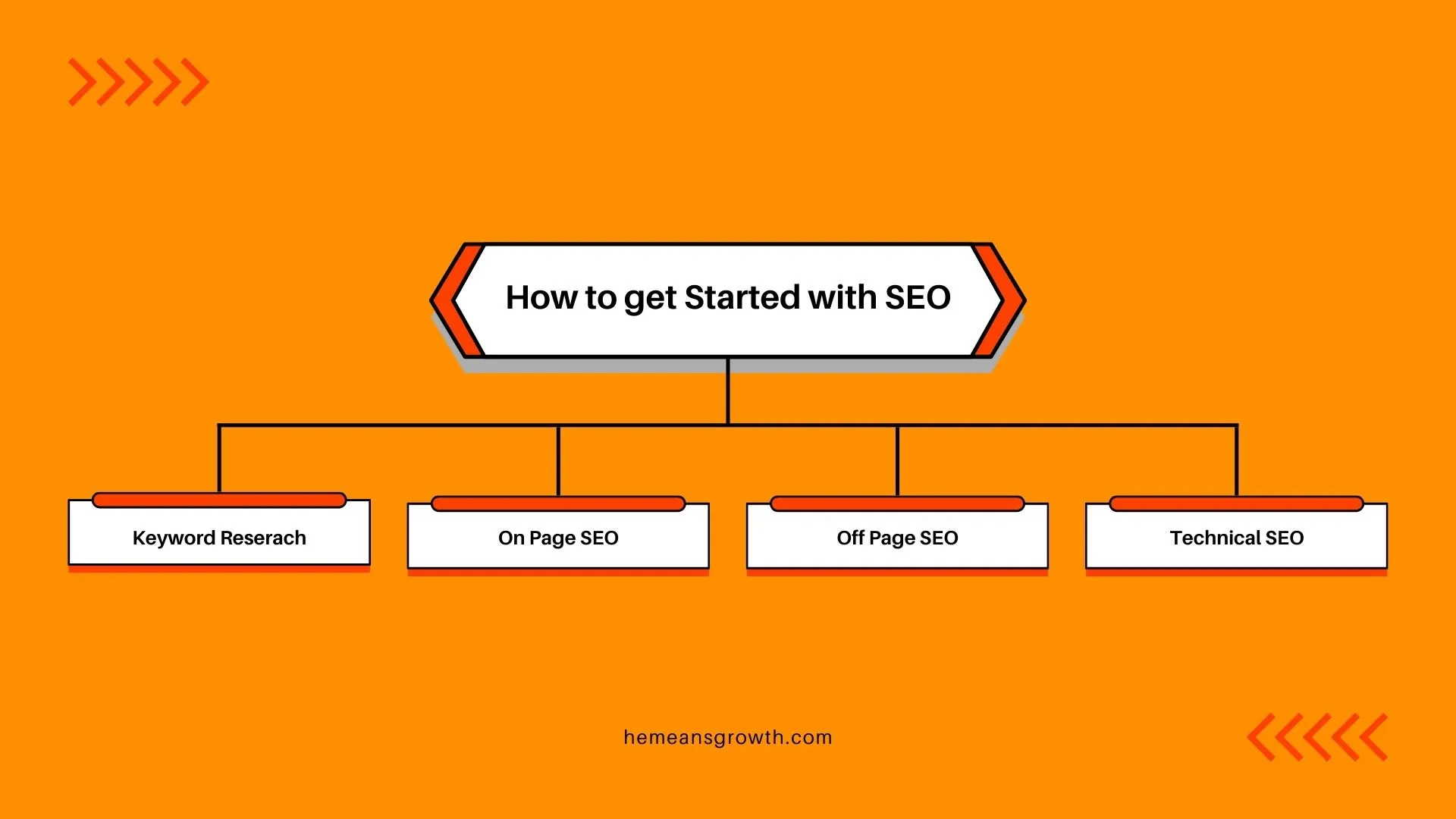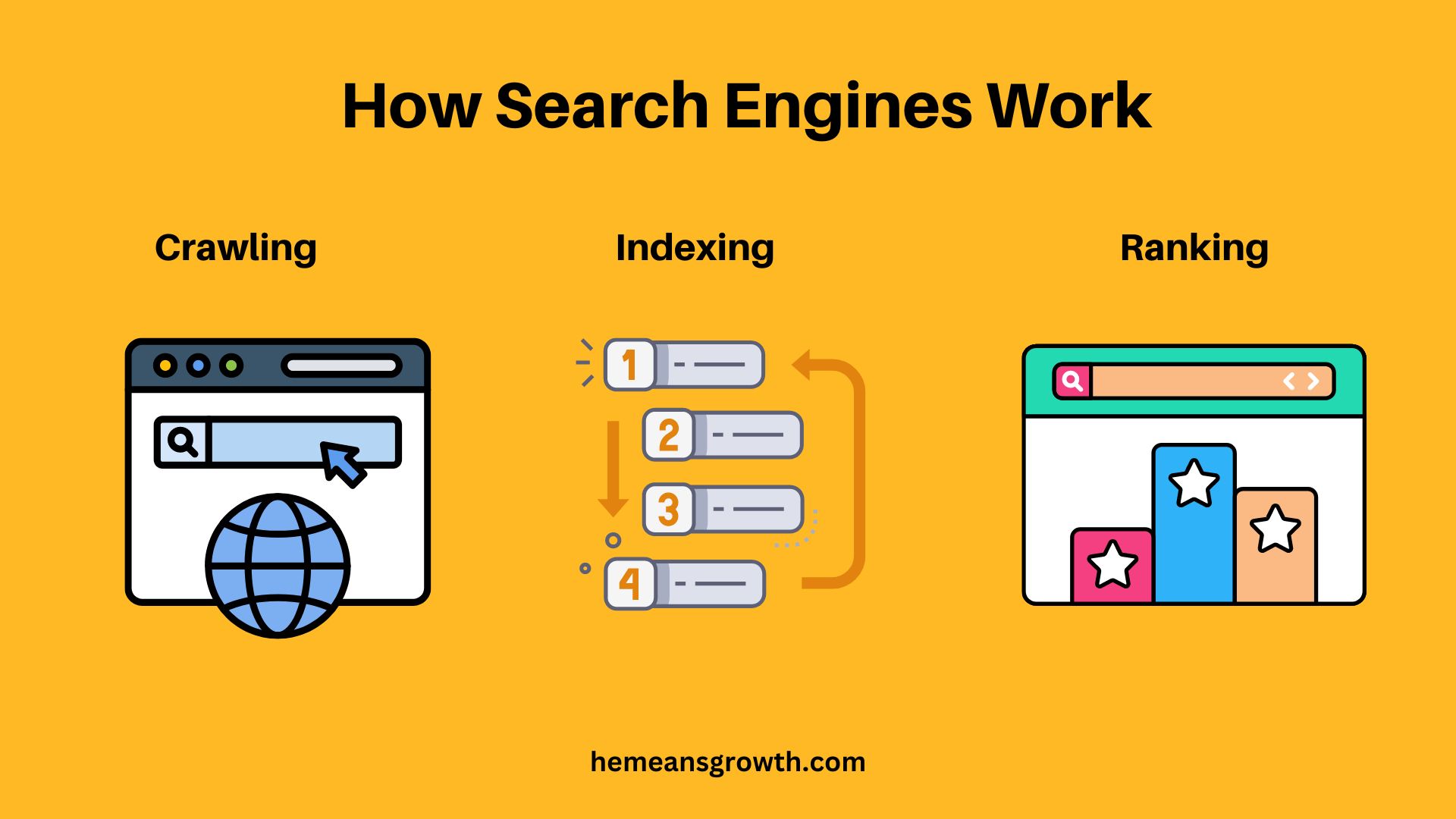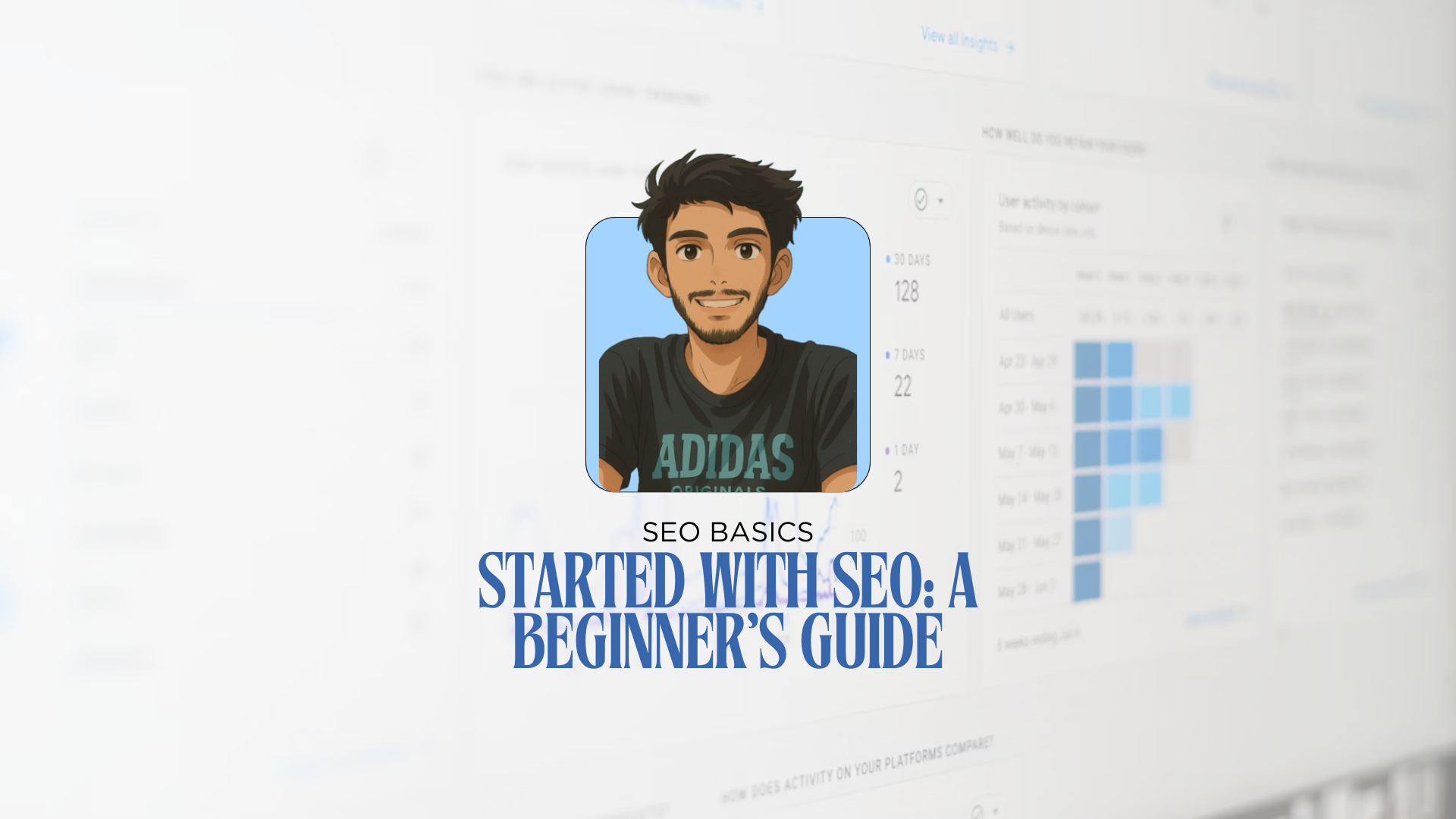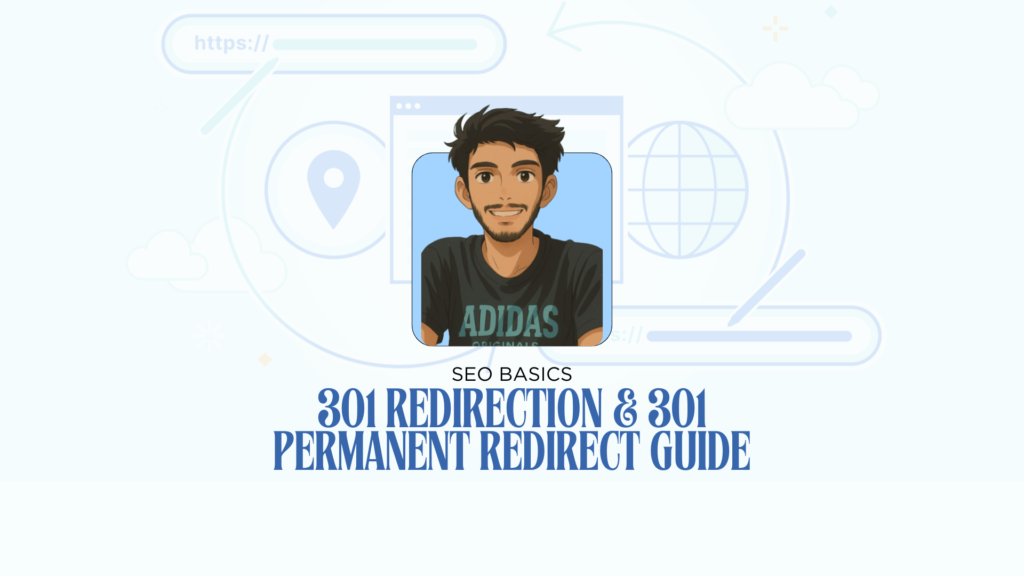Did you know that 93% of all online experiences begin with a search engine? SEO (Search Engine Optimization) is the gateway to making your content visible on Google, and whether you’re a student, fresher, or digital marketing enthusiast, mastering SEO can set you apart in today’s job market. In this SEO Beginner Guide, we’ll walk you through everything you need to know to get started with SEO—from the basics to actionable strategies. By the end, you’ll be ready to optimize websites like a pro!
What is SEO and Why Does It Matter?
SEO, short for Search Engine Optimization, helps your website rank higher on search engines like Google. It’s how websites get organic (free) traffic. The higher you rank, the more likely users will visit your website. This SEO Beginner Guide will help you understand the significance of SEO and how it can dramatically impact your online presence.

Understanding How Search Engines Work
Search engines like Google use bots (also known as spiders) to crawl web pages, index them, and rank them according to their relevance and authority. This guide will walk you through how SEO ensures your pages are indexed and displayed to users searching for your content.
- Crawling – Search engines explore new or updated content.
- Indexing – They store information from pages in a vast database.
- Ranking – Based on factors like relevance, authority, and user engagement, pages are ranked.

Keyword Research
Websites that use relevant keywords are 3.5x more likely to rank on the first page
What are Keywords?
Keywords are the terms users type into Google to find answers. Identifying the right keywords is the first step in SEO, and this SEO Beginner Guide emphasizes the importance of keyword research. Tools like Google Keyword Planner or SEMrush help you find keywords that have high search volume but low competition.
Types of Keywords:
- Short-tail keywords: General and broad (e.g., “shoes”).
- Long-tail keywords: More specific and less competitive (e.g., “best running shoes for women”).
On Page SEO
On-page SEO refers to the actions you take directly on your website to improve rankings. It involves optimizing both the content and the HTML source code of individual pages.
- Title Tags: These should include your target keyword and be engaging enough to make people click.
- Meta Descriptions: Provide a brief summary (with keywords) to entice users to click through.
- Image Alt Text: Descriptive text for images; helps with ranking on image searches.
- Internal Linking: Connect related pages within your website for easier navigation and stronger SEO.
Off-Page SEO
Off-page SEO involves actions outside your website that impact rankings. In this SEO Beginner Guide, we explain the importance of backlinks, which are links from other websites pointing to yours.
Backlink Strategies:
- Guest Posting: Write articles for other websites and include a link to yours.
- Social Sharing: Sharing your content across social media platforms increases visibility.
- Influencer Outreach: Connect with influencers who can link to your site.
Technical SEO
Technical SEO focuses on improving the technical aspects of your website to make sure search engines can crawl and index it easily.
Key Elements:
- Mobile-Friendliness: Nearly 60% of searches come from mobile devices. Make sure your site is mobile-friendly.
- Page Speed: Faster-loading pages rank better. Tools like Google PageSpeed Insights can help you improve speed.
- Sitemaps & Robots.txt: Ensure your site is easy to crawl with a proper sitemap and robots.txt file.
Measuring SEO Success:
If you can’t measure it, you can’t improve it. After implementing SEO strategies, it’s important to track your performance using tools like Google Analytics or Google Search Console.
Key Metrics to Track:
- Organic Traffic: Number of visitors coming from search engines.
- Keyword Rankings: See if you’re ranking higher over time.
- Bounce Rate: Indicates if users find your content relevant.
- Backlinks: Number and quality of sites linking to yours.
Conclusion:
SEO might seem overwhelming, but with the help of this SEO Beginner Guide, you’ll have a solid foundation to improve your website’s performance. Start by mastering keyword research, on-page SEO, and off-page techniques, and don’t forget to monitor your progress. SEO is a journey, not a one-time fix—stay consistent, stay updated, and you’ll see your website rise through the ranks!




